Hamwe brings financial services to farmers’ doorsteps. #40Days40FinTechs Season 4 Day 29
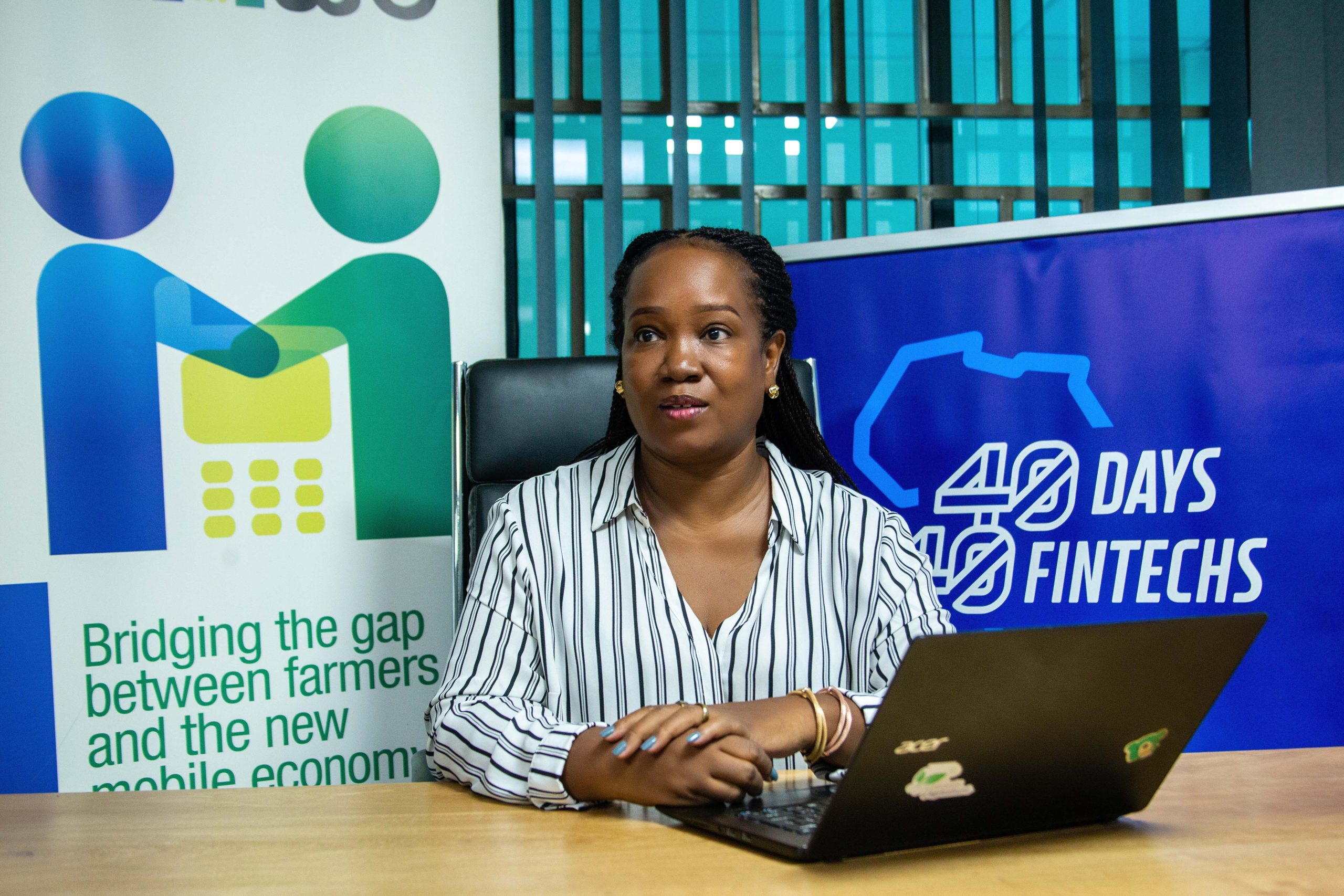
Alvin Sam Otto is the coordinator Oyam District Farmers Association. Charged with over 200 farmer groups with a membership of thousands of farmers spread across 64 parishes, Otto’s biggest challenge is about keeping tabs on the needs of every farmer.
Some want extension services; some want farm inputs while others want market opportunities. Otto would have to manually handle these needs, one by one.
This however was made easy in 2019 when the association was introduced to Hamwe East Africa, a Financial Technology company offering management, payments, and collections services for farmers.
“We signed a memorandum of understanding (MoU) with Hamwe East Africa in 2020. They helped us profile our farmers and put us in a digital system which enabled digital transactions for our farmers,” Otto says.
It was however not very easy because this service requires every farmer to at least have a smartphone, which is a rare commodity in a rural district like Oyam.
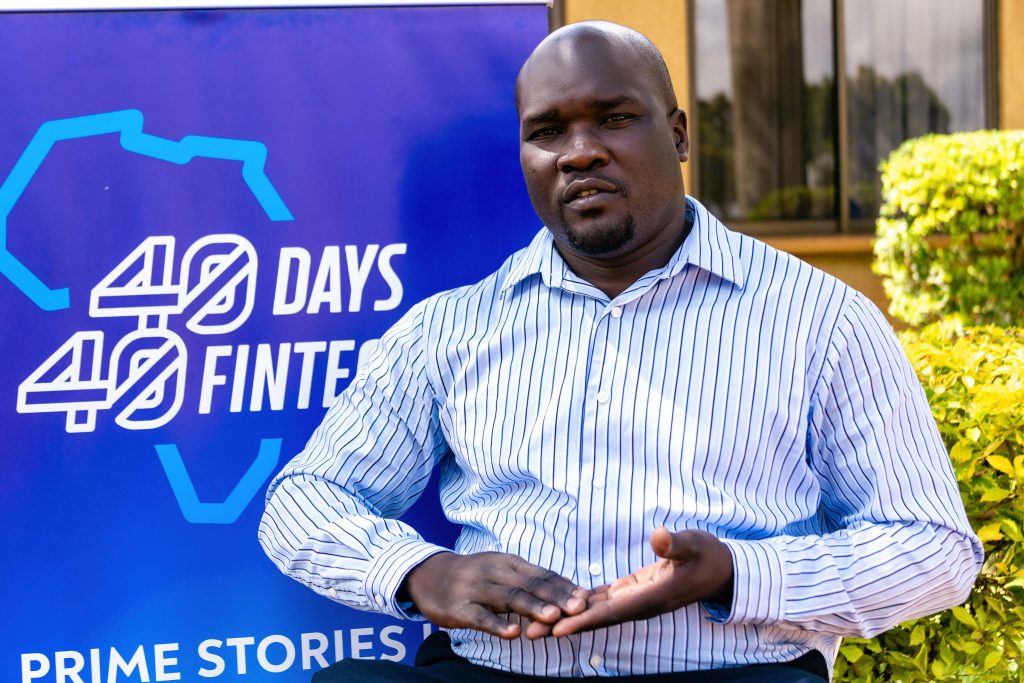
They, therefore, started by identifying agents with smartphones where farmers would go to make transactions or get market information.
“We requested Hamwe, in partnership with MTN, to provide us with mini smartphones which would help our farmers. They provided us with 2,000 phones which were given to farmers to access the system and make orders regarding whatever they wanted like feeds and inputs. This was very helpful to our organization.”
Otto says this gesture saw the membership numbers rise from 4,000 to about 7,000.
Creating a difference.
According to Stella Lugalambi, a Co-founder and managing director of Hamwe East Africa, since the inception of this digital platform in 2013, their motivation was to ensure that rural dwellers find farming a desirable economic activity.
“We wanted to digitize the value chains. First, we have a product about management where we help groups consolidate all information like biodata for farmers, value chains, and suppliers, among others,” he says.
“Our second product is Hamwe pay – this payment gateway allows the farmers to be able to pay for products and also access their funds when they sell their produce. The third platform is an order service – this platform is where they access different services like crop insurance, tractor hire services, agro-dealers, and suppliers for seeds,” she says.
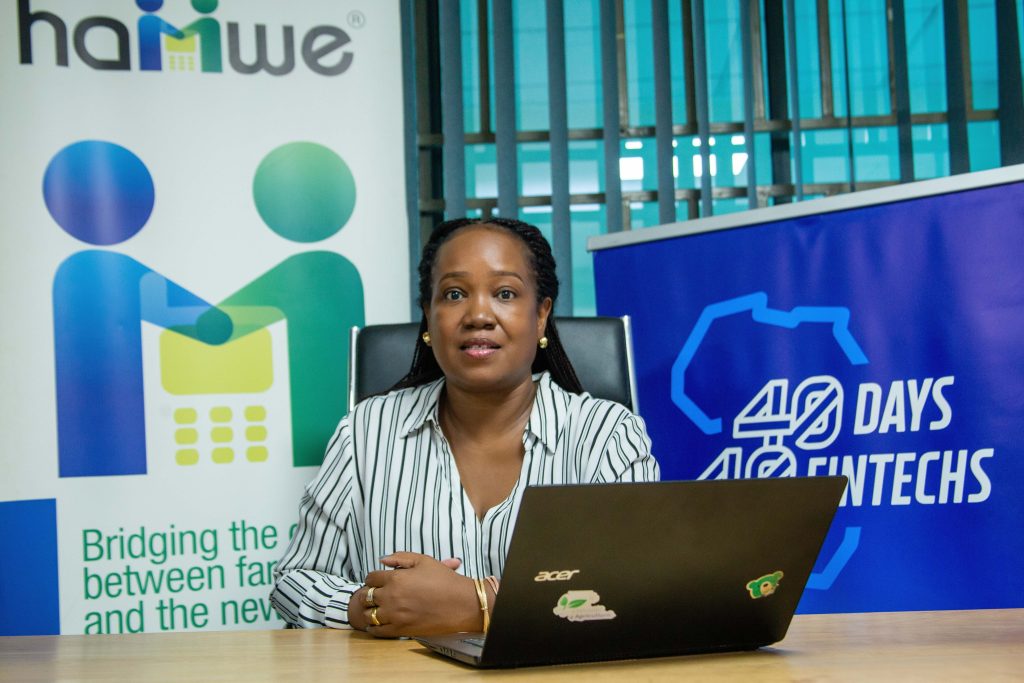
“The last product is the collection for aggregated demand – they can access this service using SMS and inform a digital agent that the crops are ready for collection,” she adds.
Currently, Hamwe is servicing about seven unions and under them, there are about 720 primary cooperatives.
“We have profiled about 280,000 farmers. Some of the biggest women groups are in the Lango sub-region. We have also worked with 840 groups in West Nile where we found few cooperatives but ended up working with farmer groups. These groups come together and have more than one acre of land and form a small association,” she explains.
In the Lango sub-region, one big union they work with is called Acwec Omio Cooperative Society. According to Fiona Atim, the General Manager of Acwec Omio Cooperative Society, this union was started in 1999 by 15 widows but joined the Hamwe revolution in 2021.
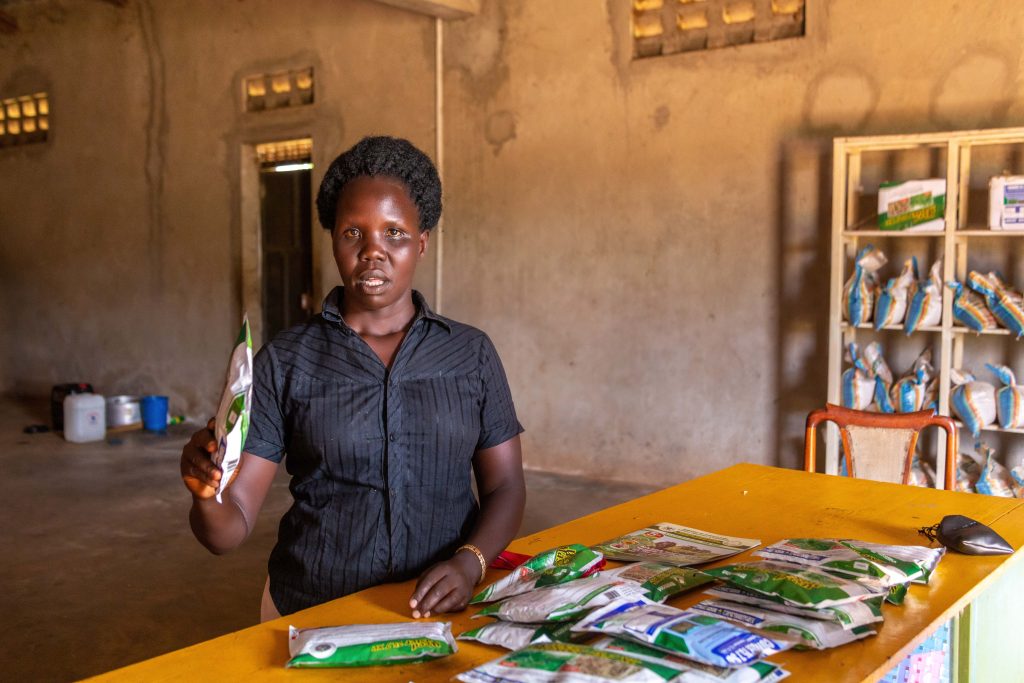
“By then, farmers were having two to three acres but when Hamwe came in, they trained farmers on how to use the chemicals, and improved seeds. Such farmers have risen from two to three acres to ten acres each. Most of the farmers now take their children to good schools and their lives have changed,” she says.
Lugalambi notes that they have also worked in South Western Uganda with about five cooperatives in Ntungamo, Kanungu that work with coffee and sorghum.
Network problems.
One of the unanimous challenges faced by this initiative is the lack of stable internet connection in rural areas despite the fact that such services provided by Hamwe are powered by the internet.
Lugalambi acknowledges this challenge but notes that some telecoms are willing to help.
“We have been talking to the telecoms and acknowledged that there is a problem and some are willing to bring in boosters to some places if we can show that we have at least 5,000 farmers that would utilize the internet in such areas,” she says.
“Most of the farmers in the underserved areas are digitally excluded. Before we financially include them, is it possible to first digitally include them? So, if they can’t put those infrastructures in place, then, these farmers may never be financially included.”
She is however pleased with the 40 Days 40 FinTechs initiative organised by HiPipo which is not only showcasing FinTechs but also helping in highlighting and looking for solutions to challenges affecting the industry.
Meanwhile, HiPipo CEO Innocent Kawooya says the work being done by FinTechs such as Hamwe brings hope to the under-served communities.
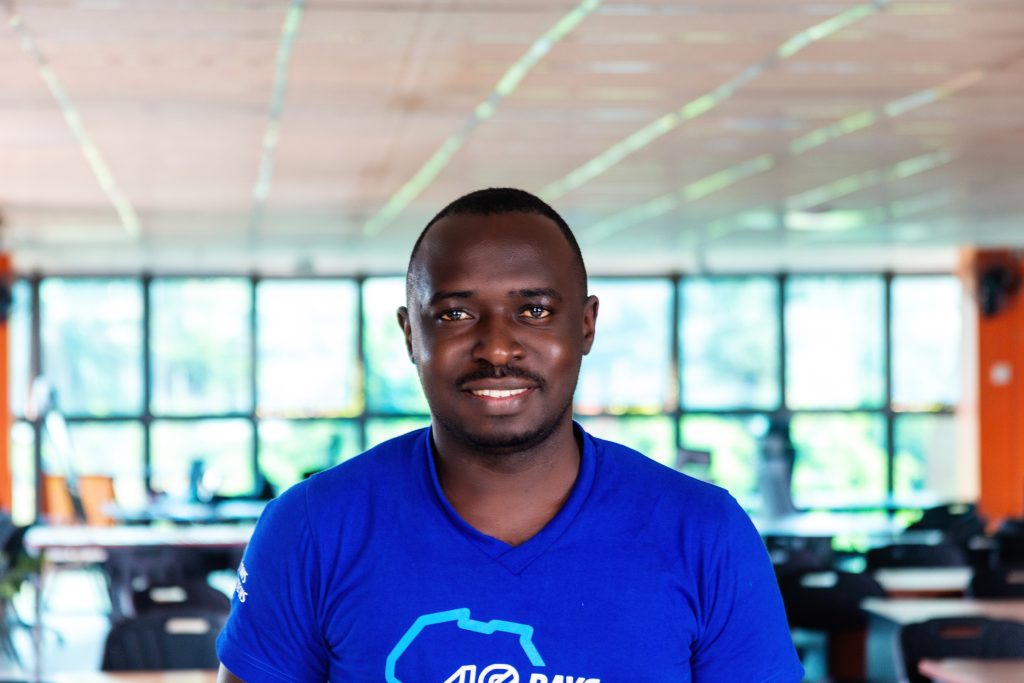
“A farmer deep down in the villages only needs to know where they can sell their produce and receive money in real-time; where to buy inputs and how to handle produce. Hamwe is providing this service,” he said.
“Season Four of the 40 Days 40 FinTechs initiative aims to look at user experiences and identify challenges such as internet connectivity and bring together stakeholders to find solutions to these problems,” he added.
Hamwe is the 29th participant in this year’s 40 Days 40 FinTechs initiative, presented by HiPipo in partnership with the Level One Project, Mojaloop Foundation, INFITX, Ideation Corner, Cyberplc Academy, and Crosslake Technologies with generous support from the Bill and Melinda Gates Foundation.
